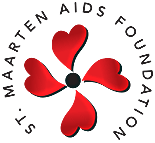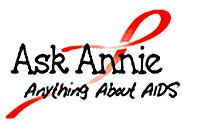knowledge is power get informed
What are the first symptoms of HIV infection?
Symptoms of initial HIV infection are not very specific. Initial symptoms include a dry cough, shortness of breath and a flu like illness. During this very early period of infection only a small minority of people experience symptoms that are serious enough to require a doctor's attention.
During this stage, which is also called acute infection, the virus multiplies rapidly.
You might test negative for HIV antibodies during this stage, but you can still pass HIV on to someone else. This is called the Window period of three weeks to six months (usually before 3 months) from the time of infection to the time when you will show antibodies against HIV.
HIV antibodies begin to show in an infected person's blood when they seroconvert.
What is Seroconversion?
This refers to your body responding to HIV by making antibodies. After you seroconvert, a blood test for the HIV antibody will come back positive. This stage usually lasts three weeks to six months (usually before 3 months) after you are infected with HIV.
When does a person with HIV develop AIDS?
Several years after infection with HIV a person may experience symptoms of particular illnesses and cancers. These are the result of the infected person's immune system being damaged by HIV to the point where it is no longer able to fight off these opportunistic infections.
In general, without antiretroviral treatment, it can take 8 – 10 years before these symptoms start to show. But of course this also depends on the strength of an individual’s immune-system from the start, and how well he/she is able to keep a strong immune-system with measures of proper diet, exercise, positive attitudes, spirituality, etc. Genetics play a role here too.



